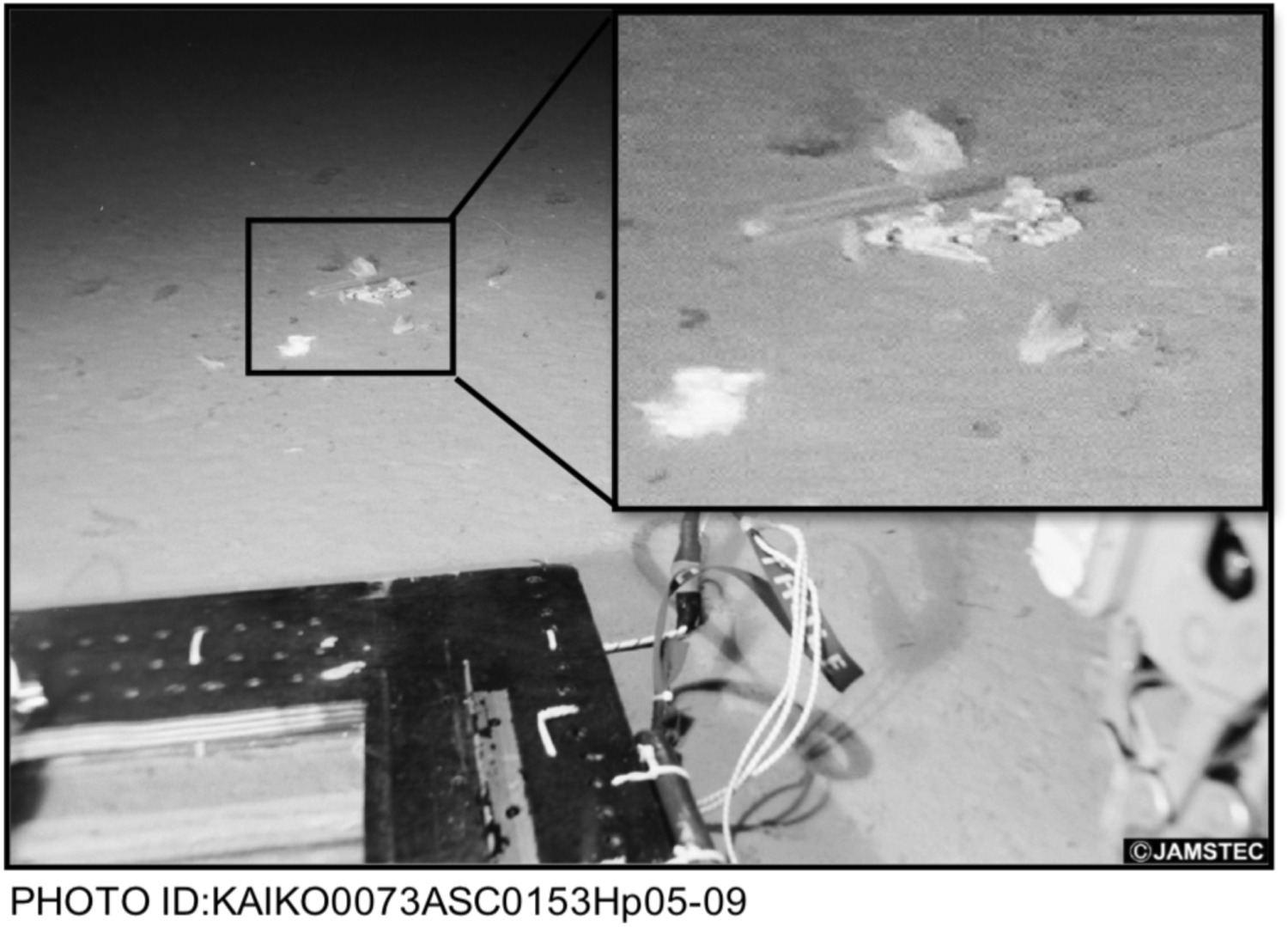The concern regarding alternate sources of energy is mounting day-by-day due to the effect of pollution that is damaging the environment. Algae are a diverse group of aquatic organisms have an efficiency and ability in mitigating carbon dioxide emissions and produce oil with a high productivity which has a lot of potential applications in producing biofuel, otherwise known as the third-generation biofuel.
Dealing with current and future global challenges, corporate social responsibility has become a key element for sustainable and responsible companies. Roquette, a family-owned group, leader in plant-based ingredients for Food, Nutrition and Health markets, has implemented a sustainable development approach applicable to all its worldwide activities. This “sustainable journey” is based on 4 pillars: sourcing, innovating, biorefining and acting.
This short review gives an overview of recent publications on public views on climate change, student views and misconceptions, and resources for making connections in the classroom and the laboratory between chemistry concepts and climate change concepts.

